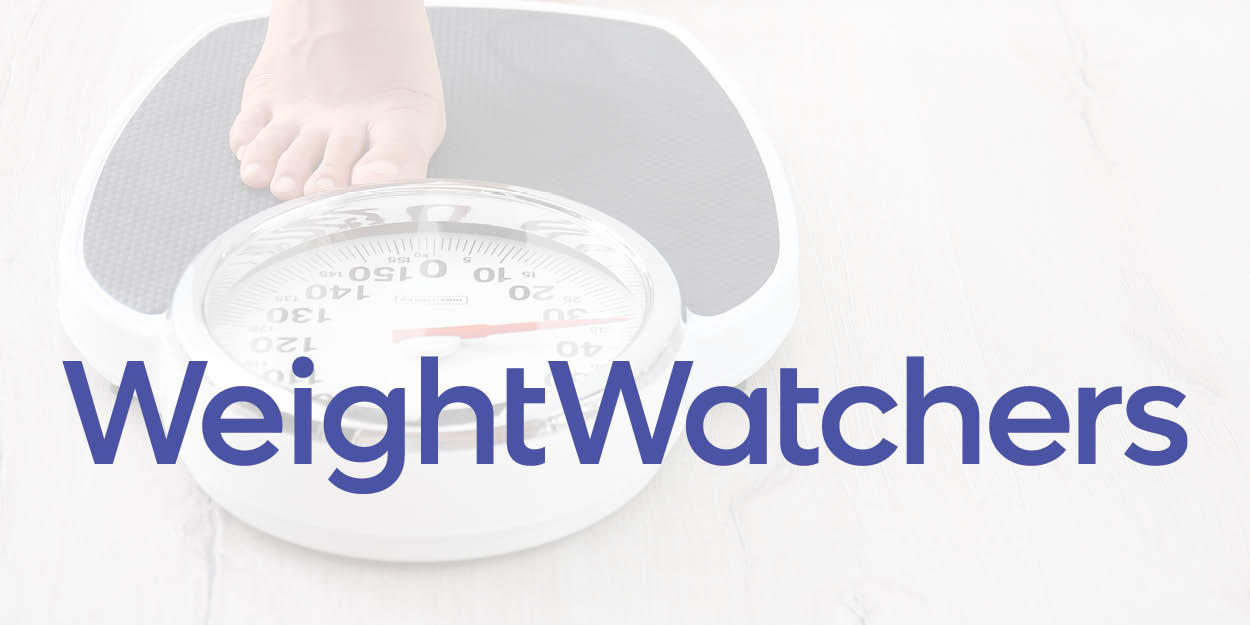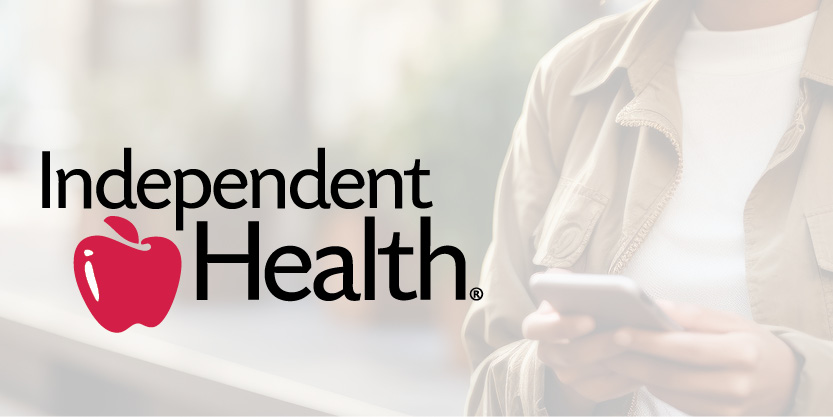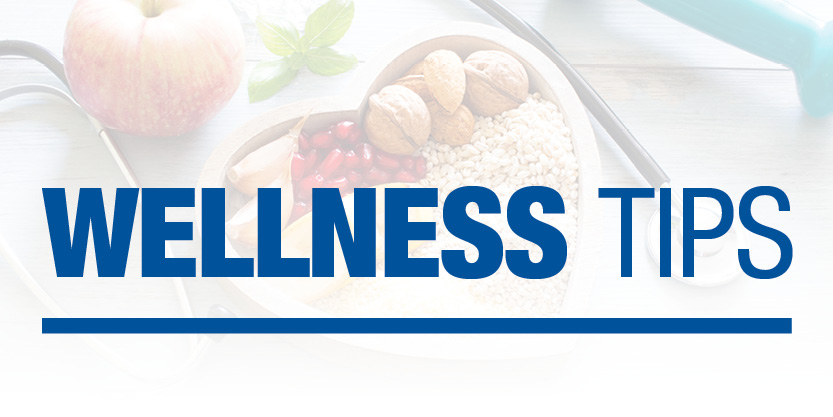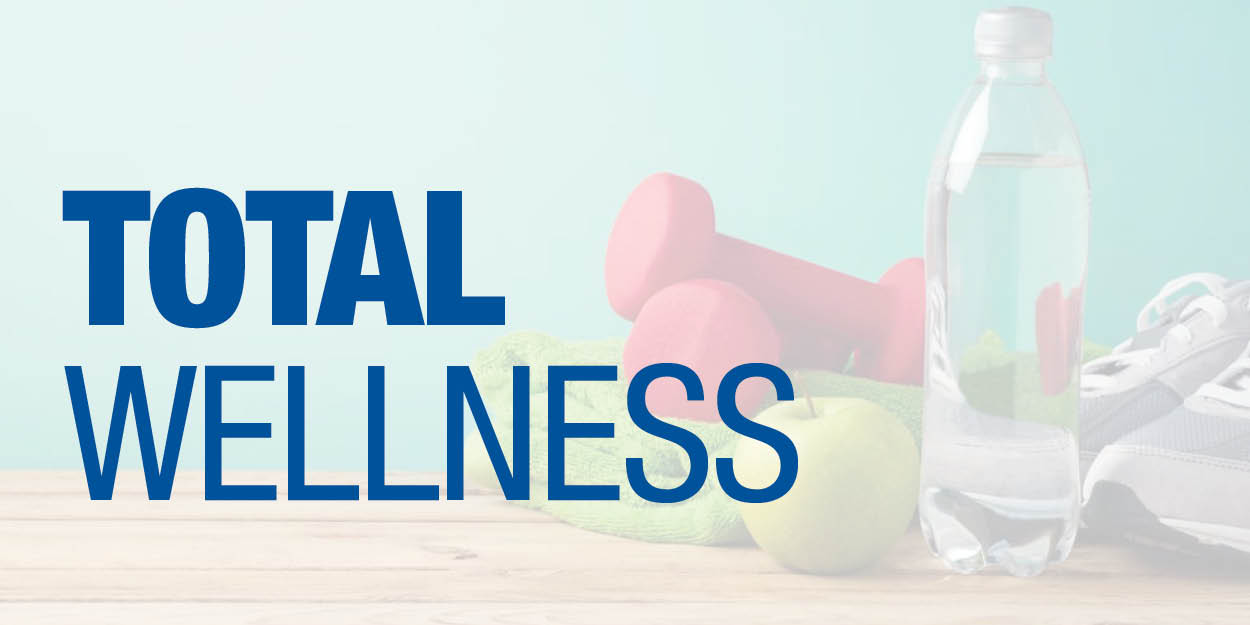Wellness
WeightWatchers
Get Started Today!
Learn more about Brook+ Diabetes Program
Learn more about
Independent Health
View Monthly
Wellness Tips
Learn more about
Wellness for You
Submit wellness tips to earn engagement points for your district!
2025 Monthly Tips
-
Monthly Observance: Pride & Mental Health
Currently 4.5% of the U.S. population identifies as lesbian, gay, or bisexual. Of those, over 39% reported having a mental illness in the past year. Identifying as a member of the LGBTQI+ community does not automatically constitute that person to have a mental illness or disorder. People within that community have a different view on sexual orientation (who you are romantically or physically attracted to) or gender identity (internal sense of being male, female, both or neither which is separate from your biological sex). Members within this community who express themselves may face rejection from peers, colleagues, and friends, which can exacerbate feelings of loneliness. A study noted that LGBTQI+ people used mental health services at 2.5x higher rates than their heterosexual counterparts. This could be due to the risk of them experiencing shame, fear, discrimination, and adverse/or traumatic events. Socially there are many negative stereotypes of being LGBTQI+, which makes people not a part of that community uncomfortable with identity differences.
How can we change the views and impact LGBTQI+ community members in today’s society? Key points to consider:
- Use correct pronouns
- Avoid labels and stereotypes
- Be mindful of language
- Take time and educate yourself
- Focus on the individual
- Ask questions if you are unsure
Study: Platt, L. F., Wolf, J. K., & Scheitle, C. P. (2018). Patterns of mental health care utilization among sexual orientation minority groups. Journal of Homosexuality, 65(2), 135-153
Men’s Health Week
Men’s Health Week is celebrated June 9th – 15th, 2025. It is a week of reminders to encourage men to take charge of their health with focuses on physical, mental health, and social connections. During the month of June, we want you to set goals for your health and wellness, and create a roadmap for achieving those goals!
Let’s Start With Physical: Men are significantly less likely than women to seek preventive care services and are more likely to not have a primary care provider.
- GOAL 1: Establish a primary care provider, from there
- GOAL 2: Discuss with your primary care provider your medical history, and ask about recommended age-and-gender appropriate screenings.
Click HERE for more information on age-and-gender appropriate screenings.
Next Men’s Mental Health: Men are less likely to seek out mental health services in comparison to women. Men are more likely to suffer “deaths of despair” such as alcoholism, overdose and suicide.
- GOAL: Seeking help is not a sign of weakness but a sign of strength. Look into organizations such as HeadsUpGuys or Don’t Change Much for self-care and helpful tools.
Lastly The Importance of Social Connection: Research shows that people who experience loneliness and isolation are at an increased risk for heart disease, dementia, stroke, depression and anxiety.
- GOAL 1: Answer a phone call from a friend
- GOAL 2: Invite someone to share a meal with you
Hydration Day: June 23rd
Since 2016, June 23rd is recognized as National Hydration Day. Our bodies are composed of 60% water, however, roughly three-quarters of Americans are considered to be chronically dehydrated. According to the CDC, dehydration can contribute to mood swings, kidney stones, overheating, lack of mental focus, and among other conditions. Recommended water consumption on a daily basis for men is 15.5 cups, and for women is 11.5 cups. Consuming adequate amounts of water can promote healthy digestion, regulation of body temperature and blood pressure, proper brain function, aid in weight loss and more.
“Drinking water can fill you up while eating, and help prevent overeating because your stomach will fill up quicker.” – Dr. Allen Conrad
Here are a few tips to stay on top of your water consumption:
- Try implementing a habit tracker– this will allow you to track daily habits and keep you on pace to hit your daily consumption goals! Search for a downloadable mobile version or start using a wellness journal.
- Flavor it – add lemons, limes, oranges, cucumbers, watermelon, strawberries and more to change the taste.
- Tie it into a routine– start your morning off with a glass of room temperature water, implement it during meals and more.
- Challenge a friend or co-worker– start a healthy competition with a friend or peer to help keep you on track.
- Take it to go– utilizing a water bottle every time you leave the house to bring it to you where you go.





